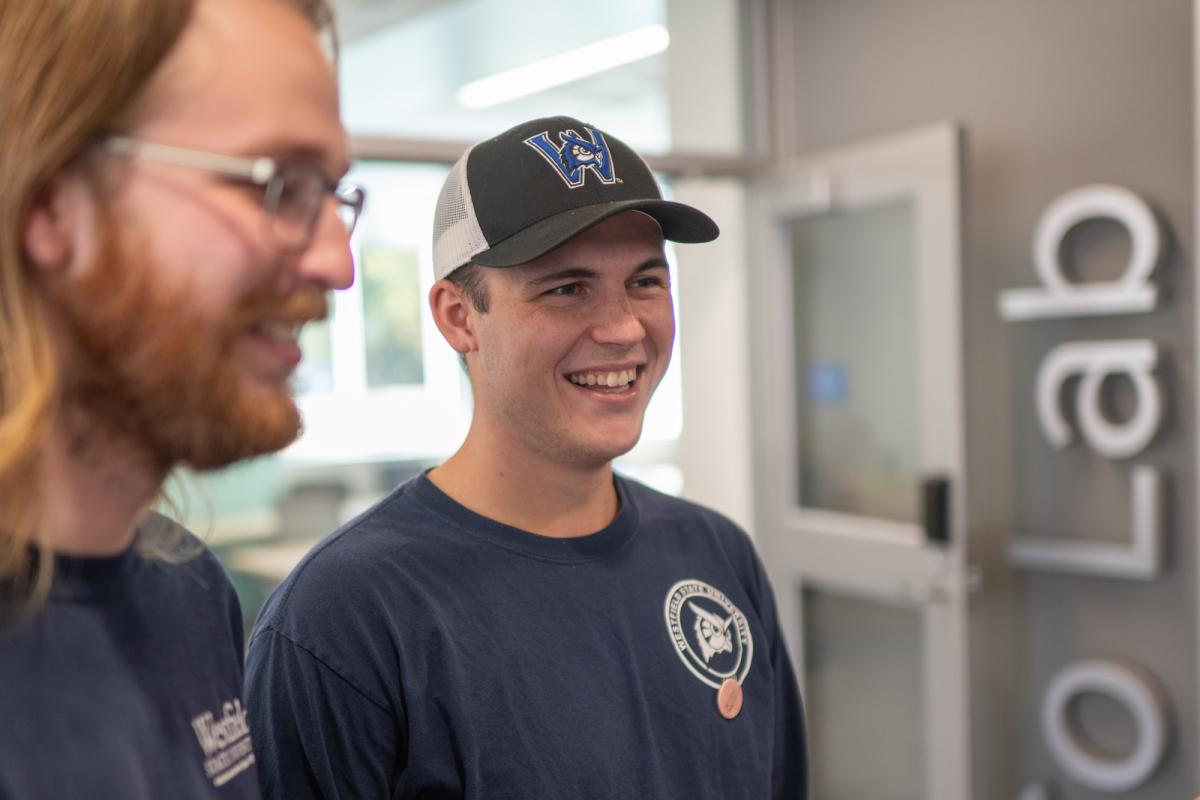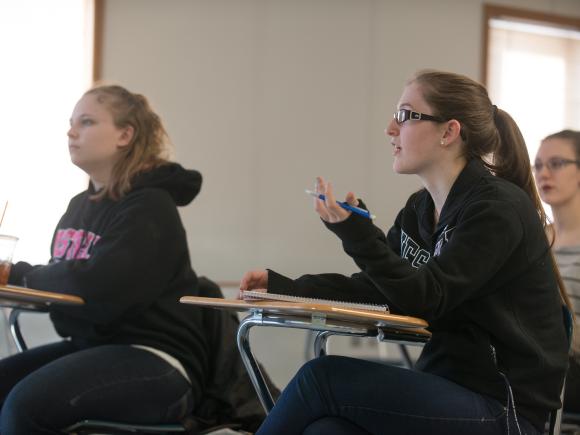
The Bachelor of Arts in Sociology with a concentration in Social Organizations offers an in-depth study of social structures, institutions, and group dynamics. This sociology degree program equips students with essential knowledge in sociological principles, research methods, and sociological theory, along with hands-on experience through internships. Core sociology courses include complex organizations, small group dynamics, and sociology of law, providing a strong academic foundation. Students can also choose from a variety of electives focusing on cultural anthropology, sociology of religion, medical sociology, sociology of education, and social inequality within institutions. This comprehensive social organizations concentration prepares graduates for careers in nonprofit management, corporate social responsibility, government agencies, and other organizational roles that require sociological insight and analytical skills.




